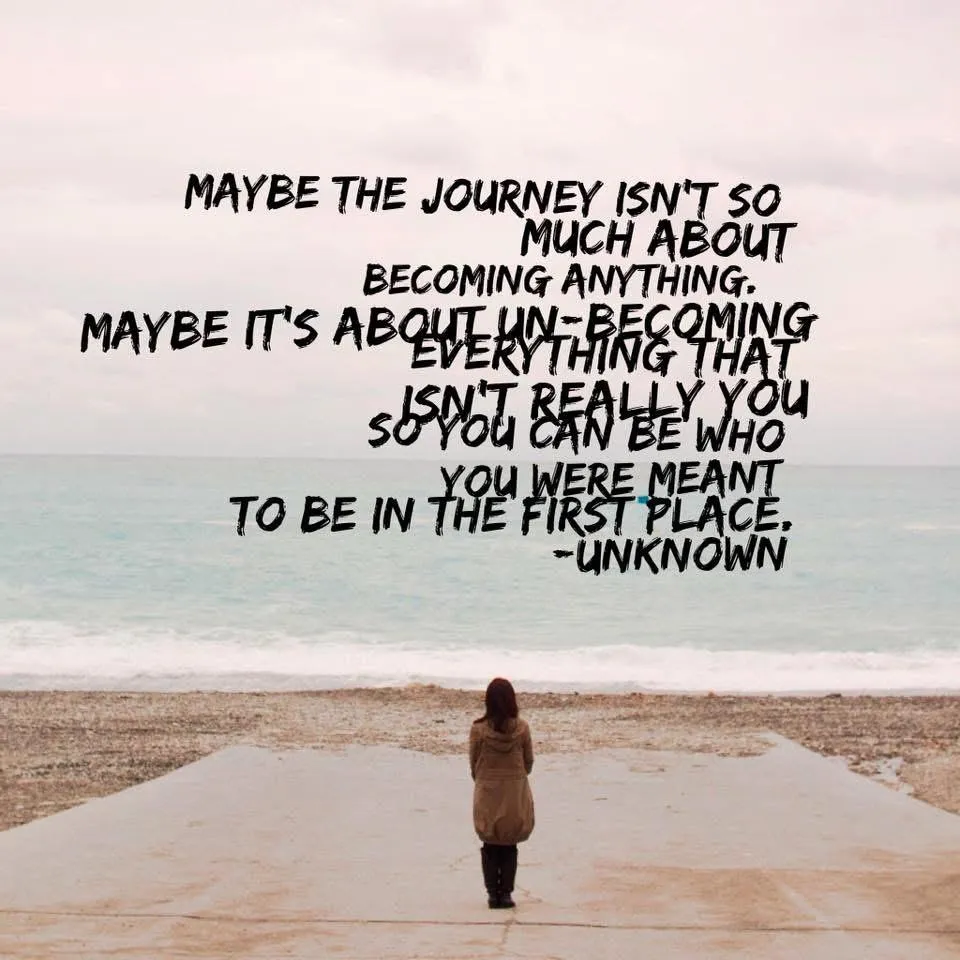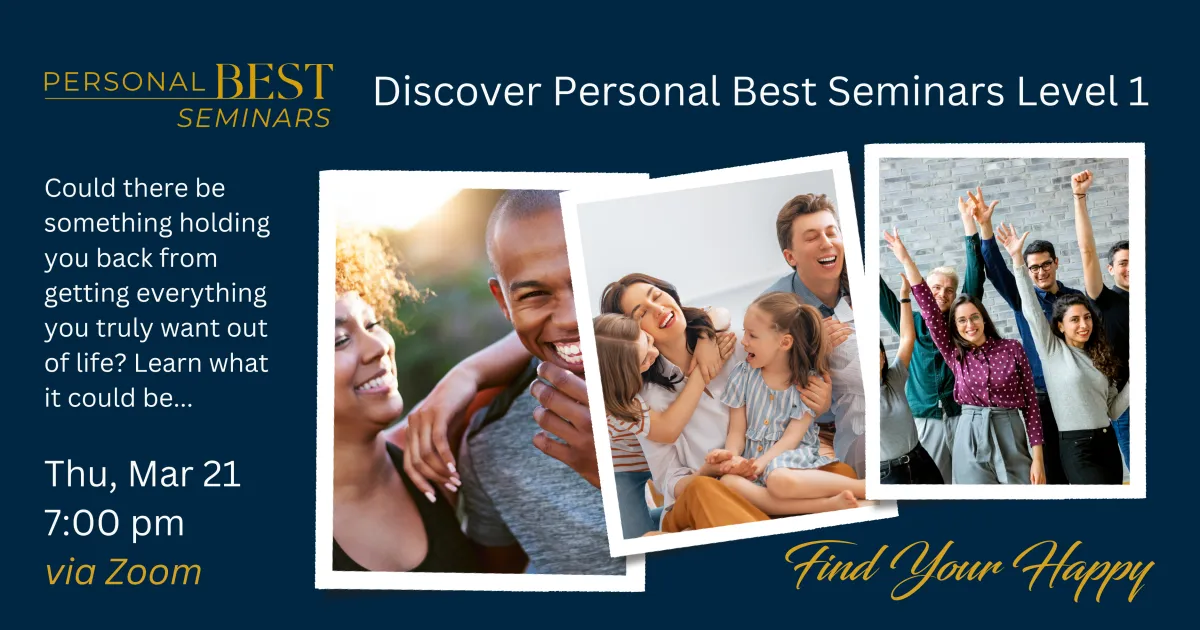Write Your Next Chapter Exactly How you Choose!
Through powerful learning-by-doing methods, we guide you to identify and release both personal struggles and inherited family patterns through our Core Program
and Family Constellations.
Write Your Next Chapter Exactly How you Choose!
Through powerful learning-by-doing methods, we guide you to identify and release both personal struggles and inherited family patterns through our Core Program
and Family Constellations.
You Are Invited to...
Step into the journey of becoming who you are meant to be.
Step into a deeper understanding of yourself and what shapes your life. Explore what drives you, what excites you, and what holds your attention. Let go of what no longer serves you, creating space for new opportunities and a renewed sense of clarity. Step fully into the person you are meant to be—confident, whole, and aligned with your purpose.
This is your invitation to embrace the experience and create the life you’re ready for.
Your journey begins now.

Who We Serve?
We guide those ready to turn the page on stories written long ago.
Imagine your life as a book where the early chapters:
📚 were authored by others—parents, family members,
teachers and coaches who unknowingly passed down their
own narratives
📚 were childhood experiences that unknowingly wrote rules
in permanent ink
📚 were protective characters created by you, when you were
too young to know you were crafting your own storyline.
These opening chapters have power. They've silently shaped how you approach everything in life, influencing what you believe is possible and which endings feel out of reach. The narrative patterns repeat, the same themes resurface, and despite your conscious desire for a different story, you find yourself reading familiar chapter in new settings.
Our clients stand at a crucial point in their life sensing there are possibilities they've yet to experience. They've tried editing individual sentences, but the underlying narrative remains unchanged.
We serve the courageous individuals who are ready to become authors of their own experience—those who recognize that "that's just how our family is" or "that's just who I am" narratives were never who they were meant to be in the first place.
You might recognize yourself in this if:
🌟 your life story keeps circling back to familiar conflicts with
different characters
🌟 success feels somehow out of character or out of reach
🌟 part of you resists a new experience even as you
consciously desire them
🌟 the weight and burden of past generations feel like
chapters from someone else's story
📚 were authored by others—parents, family members, teachers and coaches who unknowingly passed down their own narratives
📚 were childhood experiences that
unknowingly wrote rules in permanent ink
📚 were protective characters created
by you, when you were too young to know you were crafting your own storyline.
These opening chapters have power. They've silently shaped how you approach everything in life, influencing what you believe is possible and which endings feel out of reach. The narrative patterns repeat, the same themes resurface, and despite your conscious desire for a different story, you find yourself reading familiar chapter in new settings.
Our clients stand at a crucial point in their life sensing there are possibilities they've yet to experience. They've tried editing individual sentences, but the underlying narrative remains unchanged.
We serve the courageous individuals who are ready to become authors of their own experience—those who recognize that "that's just how our family is" or "that's just who I am" narratives were never who they were meant to be in the first place.
You might recognize yourself in this if:
🌟 your life story keeps circling back to familiar conflicts with different characters
🌟success feels somehow out of character or out of reach
🌟 part of you resists a new experience even as you consciously desire them
🌟 the weight and burden of past generations feel like chapters from someone else's story
We sit beside you as you review early chapters with fresh eyes, recognizing which passages were written by others, which plot restrictions you've outgrown, and where new storylines can emerge when you finally claim authorship of your life.
Together, we transform inherited narratives into the story you were always meant to write—where earlier chapters provide context but no longer dictate how your story must unfold.
We sit beside you as you review early chapters with fresh eyes, recognizing which passages were written by others, which plot restrictions you've outgrown, and where new storylines can emerge when you finally claim authorship of your life.
Together, we transform inherited narratives into the story you were always meant to write—where earlier chapters provide context but no longer dictate how your story must unfold.

What We Do?
Whether you're pursuing personal growth and self-mastery through our Core Program (Engage-Evolve-Elevate) or seeking freedom from inherited family patterns through our Family Constellations work, we offer two distinct yet complementary pathways to liberate yourself from what's holding you back and create the life you truly desire.
Core Program

Our signature three-part journey of transformation:
Engage - Develop awareness of your beliefs, patterns, and choices.
Evolve - Apply new perspectives through learning-by-doing.
Elevate - Integrate transformative insights into your daily life.
Family Constellations

Our Family Constellations approach reveals how unresolved family dynamics unconsciously influence your life today. By making the invisible visible, we help you identify and release inherited burdens that may be manifesting as physical, mental, emotional or energetic life obstacles.
How Do We Do It?
Both Pathways Are Learning-By-Doing Consisting of:
15% Teaching
15% Sharing
70% Learning-By-Doing
Teaching

The facilitator will explore meaningful topics relevant to today’s world, offering fresh perspectives to challenge and inspire you. Instead of focusing on agreement or disagreement, you’ll be encouraged to reflect on your own experiences, deepening your understanding of your values, commitments, and relationships.
Sharing

Participate in dynamic, interactive experiences designed for deeper connection and self-discovery. You’ll have the opportunity to share insights, gain new perspectives and apply what you’ve learned in a supportive environment, through one-on-one dialogues, structured mingling exercises, and guided small-group discussions.
Learning-By-Doing

Go beyond theory with immersive exercises designed for self-discovery. You’ll gain new insights and create meaningful growth opportunities through guided reflections, interactive activities, and dynamic group experiences.
Transformation isn’t just an idea—
it’s a guided journey designed for lasting change and meaningful results.
~Heather Jones
Want to Learn More about our Level 1 Program?
Discover the keys to unlocking your true self in our transformation workshop.
Watch our Introductory Series and learn all about Personal Best and our Level 1 Program.
Your facilitator, Heather Jones, will walk you though the process of course and answer all your questions!

OR Join us LIVE online Thursday, March 21, 2024 @ 7:00 pm MDT
At Personal Best Seminars, we believe in empowering our clients to make their own choices. Our aim is to show you what our programs are all about so you can decide if it's the right fit for your current life circumstances.
READ OUR LATESTS BLOGS

From Pain to Purpose: A Journey of True Fulfillment
From Pain to Purpose: A Journey of True Fulfillment
When you hear the word fulfilled, what comes to mind? It's a term that can have different meanings for each of us, shaped by our experiences and aspirations. For many trauma survivors, the concept of fulfillment can feel elusive, overshadowed by the lingering effects of their past experiences.
I work with many individuals who describe themselves as having unresolved trauma. This trauma, whether real or perceived, often leads them down a path of unfulfillment. The unseen path that trauma carves out in one's life needs to be brought into the light. The first thing that happens after trauma is a shift in the individual's beliefs about themselves and the world around them. They no longer see life through a clean lens; instead, it’s tainted until they take steps to do something about it.
Trauma survivors often develop a new set of beliefs that dictates their responses to various life events. These beliefs are usually characterized by heightened anxiety, mistrust, and hypervigilance as a means of protection. For instance, a person who has experienced betrayal might struggle to trust others, always questioning the intentions of those around them. These trauma responses can lead to social withdrawal, difficulty forming new relationships, and an overall sense of isolation. These new beliefs are deeply ingrained and become the lens through which the survivor interprets the world, often triggering responses that may seem disproportionate to situations others perceive as non-threatening. Understanding and addressing these trauma responses is essential for healing and reclaiming a sense of fulfillment.
"Trauma changes the way we perceive life, often leading to behaviors that are counterproductive to our fulfillment." —Dr. Jane Smith, Psychologist and Trauma Specialist
Understanding Trauma Responses
Individuals with unresolved trauma often experience behaviours that keep them from living a fulfilled life. Here are some common trauma responses:
People-Pleasing - People-pleasing is a common trauma response. Individuals may compulsively try to accommodate others, avoid conflict, and seek external validation to feel safe and accepted.
Hyper-vigilance - Trauma survivors often develop an acute sensitivity to potential threats. They constantly scan their environment for signs of danger, which can manifest as being on high alert, easily startled, or mistrustful of others.
Avoidance - To cope with painful memories or emotions, trauma survivors may avoid certain people, places, or situations that trigger their trauma. This can lead to social withdrawal, isolation, and a restricted range of activities.
Emotional Dysregulation - Trauma can disrupt an individual's ability to manage their emotions effectively. They may experience intense, unpredictable emotional outbursts, mood swings, or difficulty expressing their feelings.
Difficulty with Boundaries - Trauma can make it challenging for individuals to establish and maintain healthy boundaries. This can lead to codependent relationships, difficulty saying "no," or being overly permissive.
Perfectionism - Trauma survivors may strive for perfection as a way to feel in control and avoid perceived threats or criticism. This can contribute to burnout, anxiety, and a sense of never being good enough.
Difficulty Trusting Others - Due to the betrayal or violation of trust experienced during trauma, individuals may struggle to open up and trust others, even in safe and supportive relationships.
At the core, these trauma response behaviours reflect an underlying belief that one is not worthy of love, respect, or fulfillment. The constant need for external validation, the fear of vulnerability, and the struggle to establish healthy boundaries all point to a fundamental disconnect between the individual and their inherent self-worth. Breaking free from this cycle requires a journey of self-discovery, healing, and the cultivation of genuine self-love—a process that can be challenging but ultimately transformative.
"Unresolved trauma can lead to a constant state of survival, making it difficult for individuals to experience true fulfillment in their lives." —Sarah Green, Trauma Recovery Coach
The Author's Experience with Unresolved Trauma Responses
I, like many, experienced trauma when I was younger. I was sexually abused by a boss and was never the same afterward. I believed that I was unworthy—unworthy of love and anything associated with it.
Unknowingly, I resorted to people-pleasing for validation or required validation for the things I did. When I didn't please people, I'd retreat. When I didn't get validation, I'd be angry with myself for falling short. This was my new way of being. I didn't think I was worthy of love, so I adopted this view that love needed to be earned through what I did, not who I was. I had no clue it was interfering with my ability to truly live a fulfilled life.
It wasn't until I started my own journey of self-discovery that I learned very important distinctions:
I became my own abuser - I learned I was desperately in need of a new belief about myself. With the belief of being "unworthy of love", I chose to see myself through the eyes of my abuser—manipulatable & available for abuse. Except now, by holding on to this belief about myself, I was the one abusing myself with my trauma response behaviours. By seeing myself through the eyes of my abuser, I unknowingly internalized their distorted view of my worth. This lens coloured my perception, leading me to adopt trauma response behaviours that ultimately became forms of self-abuse. These behaviours included people-pleasing, seeking external validation, hyper-vigilance, anxiety, difficulty with boundaries, and not allowing myself to trust others. It became clear that these patterns weren't in alignment with who I truly was at my core.
I didn't fully understand what fulfillment was - Through my healing, I've come to understand the stark difference between the limited fulfillment I sought while trapped in my trauma responses and the true fulfillment I experience now. When I was entrenched in the cycles of negative self-worth and unhealthy coping mechanisms, I believed that fleeting moments of validation and people-pleasing were the markers of a fulfilled life. However, genuine fulfillment is far beyond those superficial measures. It encompasses a deep-seated sense of joy, love, and purpose that comes from within.
This revelation has shown me that unless others dealing with trauma responses confront and process their past, they too will remain ensnared in self-abuse and the illusion of fulfillment. Without addressing these deep-rooted issues, they will never fully experience life’s true potential for happiness and wholeness. True fulfillment involves embracing our inherent worth, nurturing a positive self-image, and engaging in consistent self-reflection and personal growth, often with professional guidance. Only then can one truly break free from the shadows of trauma and live a genuinely fulfilled life.
The Path to a Fulfilled Life
But what does living a fulfilled life mean? Let's break it down.
A "Full" Life
Refers to living a life that is complete, whole, and abundant.
Maximizes your potential and living to the fullest in all areas—physically, mentally, emotionally, and spiritually.
Taps into your deepest passions, talents, and purpose to create a life of meaning and impact.
Pursues growth, challenge, and continuous self-improvement to become the best version of yourself.
Boldly goes after your dreams and aspirations without holding back or settling.
A "Filled" Life
Speaks to having a life that is rich, satisfying, and overflowing with positive experiences.
Means feeling a deep sense of contentment, joy, and inner peace.
Aligns your daily actions and choices with your core values, priorities, and what truly matters most to you.
Feels like a sense of wholeness, balance, and living authentically.
The key distinction is that a "full" life is about maximizing your potential and capacity, while a "filled" life is about the quality of your experiences and the depth of fulfillment you feel.
Actionable Steps to Move From Trauma Response to Fulfillment
Seek Professional Help: Therapy can be instrumental in addressing and processing the trauma experience.
Engage in Self-Discovery: Introspection helps understand and challenge negative beliefs about oneself and the world.
Practice Self-Compassion: Nurturing a positive relationship with oneself is crucial.
Build a Support Network: Surround yourself with understanding and empathetic individuals who can provide emotional support and validation.
Engage in Joyful Activities: Focus on personal growth and development by engaging in activities that bring joy and fulfillment.
Learn Healthy Coping Mechanisms: Practice stress management techniques to navigate challenges positively.
Commit to Ongoing Growth: Understand that the journey from trauma to fulfillment is a process that takes time and dedication.
Living a fulfilled life is about becoming the best version of yourself while also feeling a profound sense of meaning, purpose, and satisfaction. It involves both maximizing your potential and experiencing a rich, satisfying life filled with positive experiences. If you're on the path from trauma to fulfillment, remember that it is a journey that requires patience, self-compassion, and continuous growth.
If you're ready to start your own journey toward fulfillment, consider reaching out to a professional who can guide you along the way. Together, we can help you reclaim your power, purpose, and the ability to live a truly fulfilling life.
Learn more how our programs can help you with your fulfillment journey, take control of your life, and thrive in the midst of adversity. Learn more HERE.
Remember, choosing not to heal is choosing to see yourself through the eyes of your abuser.
TESTIMONIALS
TESTIMONIALS
D. Goodwin

"So uplifting and definitely a game changer!"
I. Marinescu

“This was the best course that I have ever taken. It has made a big impact on me and I have changed my life in a very positive way. I am starting to know and understand myself”
J. Zombori

“I have read about the principles in this course for years. This the first course that has helped me take action missing to promote real and lasting change”
L. Routledge

“Attending Level one, The Truth Revealed would definitely rate up there with some of my best experiences. I would have to say, with great pleasure and gratitude, that I have received more answers and direction in a much shorter time than ever before.”
M. Audy

“I've spent over $50,000 on personal development over the last 30 years. Out of all the events, the most impactful and profoundly transformative one was Personal Best Seminars I & II just this past November.
My life hasn't been the same since and I'm so grateful that a friend of mine kept suggesting I go. I'd say that if anyone has an area of their life where they are dissatisfied or struggling in relationships or communication, they should attend these sessions as soon as possible. Can’t wait for Level III”

© 2025 The Next Chapter Endeavours - All Rights Reserved
